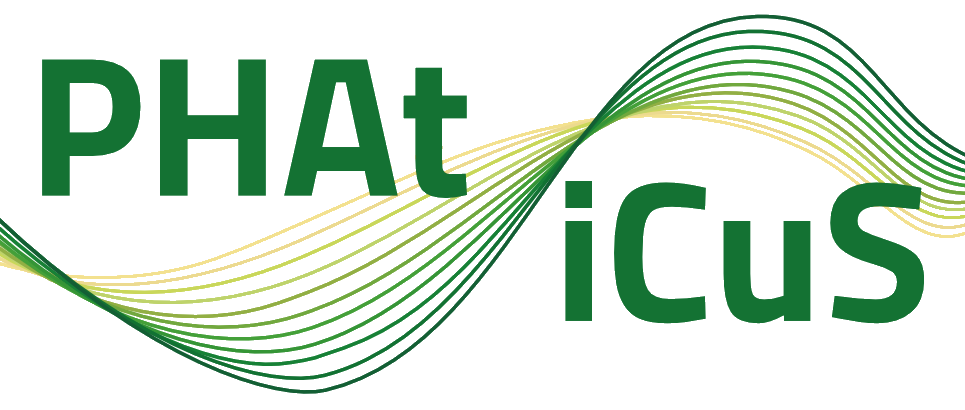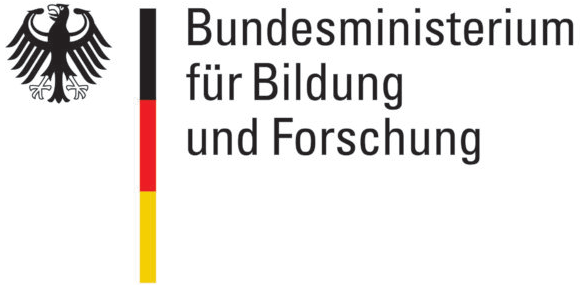Precursor: PHAt
New raw materials for the lubricants industry
The aim of the predecessor project “PHAt” was to research new biobased and biodegradable raw materials for use in lubricants and bonded coatings. The focus was on the development of environmentally friendly thickeners. While currently used thickeners are often based on metal soaps with low environmental impact or contain fluorine, the project took a completely new approach. The consortium investigated whether the biobased and simultaneously biodegradable polymers polyhydroxyalkanoates (PHA for short) in modified form are suitable as thickeners. The PHAs were formed by fermentation, isolated from bacteria and then chemically modified to obtain optimum flow properties in the lubricant. At the same time, the lubricant should remain temperature and oxygen stable without compromising the biodegradability of the thickener.

After many optimization steps of PHA production, the project partners have reached the threshold of semi-industrial scale. In a subsequent step, the PHAs were chemically modified to vary and optimize their properties. In several application tests, the project partners now proved that the modified PHAs show good thickening and crosslinking effects. The resulting improved and at the same time environmentally friendly thickeners for the lubricant industry are now being investigated and further optimized in the follow-up project PHAtiCuS.

